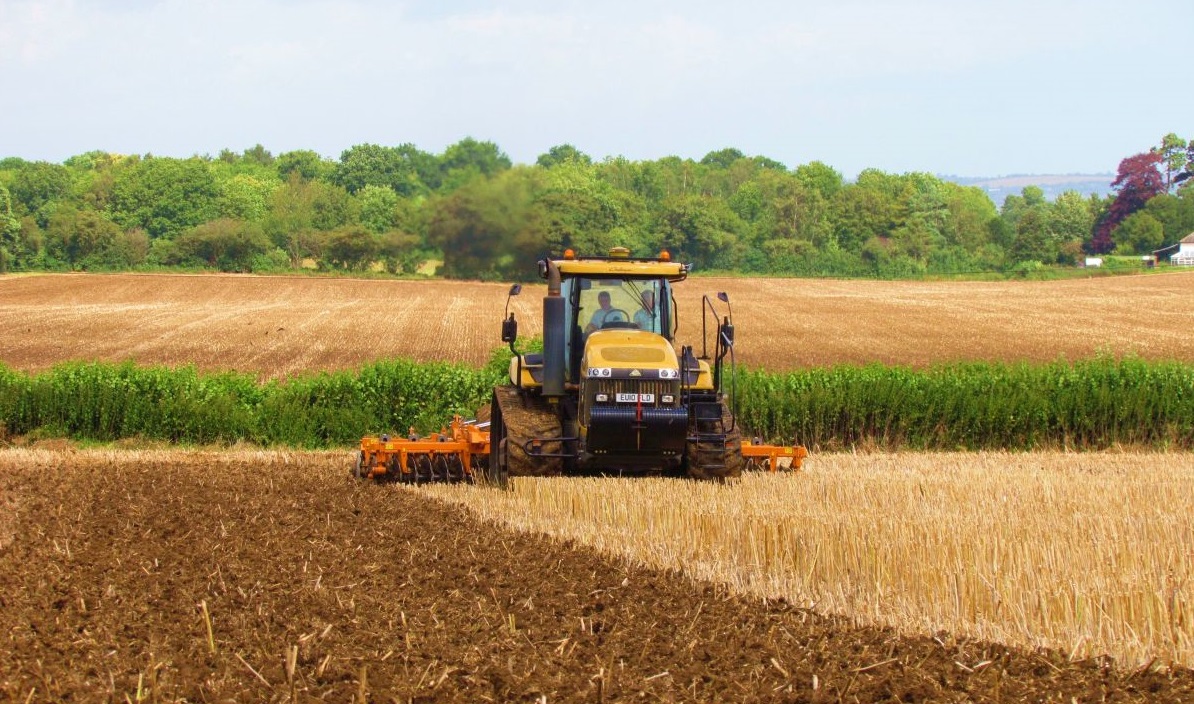
A delegation of NFU Cymru members, representing arable and horticultural interests, have met with the Welsh Government’s Deputy Minister for Farming and Food, Rebecca Evans AM, in the last week at her office in Cardiff Bay.
Amongst the issues discussed were cross compliance, the Rural Development Programme, the Basic Payment Scheme and the on-going availability of plant protection products.
Perkin Evans, Chairman of NFU Cymru’s Combinable Crops and Horticulture Working Group, who led the delegation, said, “Just like our colleagues in the livestock and dairy sectors, we have also been very much impacted by low commodity prices. I know that there is little that the Welsh Government can do about the poor returns from the marketplace, but there are a number of issues currently impacting on the arable and horticultural sectors which I believe are within the scope of the Welsh Government to influence.”
CAP Greening and Cross compliance rules were another issue which was raised with the Deputy Minister. Perkin Evans said, “The fact that we have arable and horticultural sectors in Wales brings diversity to our agricultural economy which complements our red-meat and dairy sectors making us better able to withstand the shocks of an increasingly volatile global marketplace.
It does however sometimes feel as though some of the regulations that impact upon arable farmers and horticulture hit us disproportionately hard. With European Commissioner Phil Hogan placing CAP simplification at the top of his agenda, I would ask the Welsh Government to seize the opportunity that this presents to push back at some of the more onerous requirements that impact upon our ability to farm productively.”
Members at the meeting also expressed their frustration at the slow roll-out of the Wales Rural Development Programme (RDP). NFU Cymru Next Generation Board member, Tom Rees, who was also present at the meeting said, “Whilst large scale grants will be appropriate for some farmers, there are a great number of farmers out there who would derive significant benefit if they were able to access more modest funding for on farm technology.
I am thinking in particular of things such as precision farming equipment which would allow farmers to reduce their costs by becoming more efficient in their use of inputs. Investment in technology such as this will not only help deliver efficiencies on farm but will also deliver environmental and climate change benefits.”
The loss of plant protection products was another concern raised with the Deputy Minister. Perkin Evans said, “It is the European Commission’s insistence on a hazard based, rather than risk based, approach that has led to a situation in which we have fewer and fewer products for the control of pests and diseases. This is not only undermining our ability to produce food, but it will also lead to the emergence of resistance.
I have impressed upon the Deputy Minister and her officials the importance of the European Commission taking a risk based approach to this issue, and I hope that this is something she will get the opportunity to raise with European Officials in due course.”
Speaking after the meeting Mr Evans said, “I am grateful to the Deputy Minister for meeting with us in order to listen to some of these concerns and I very much hope that as a result of this she will be able to bring about some positive changes that will help the sector.”
